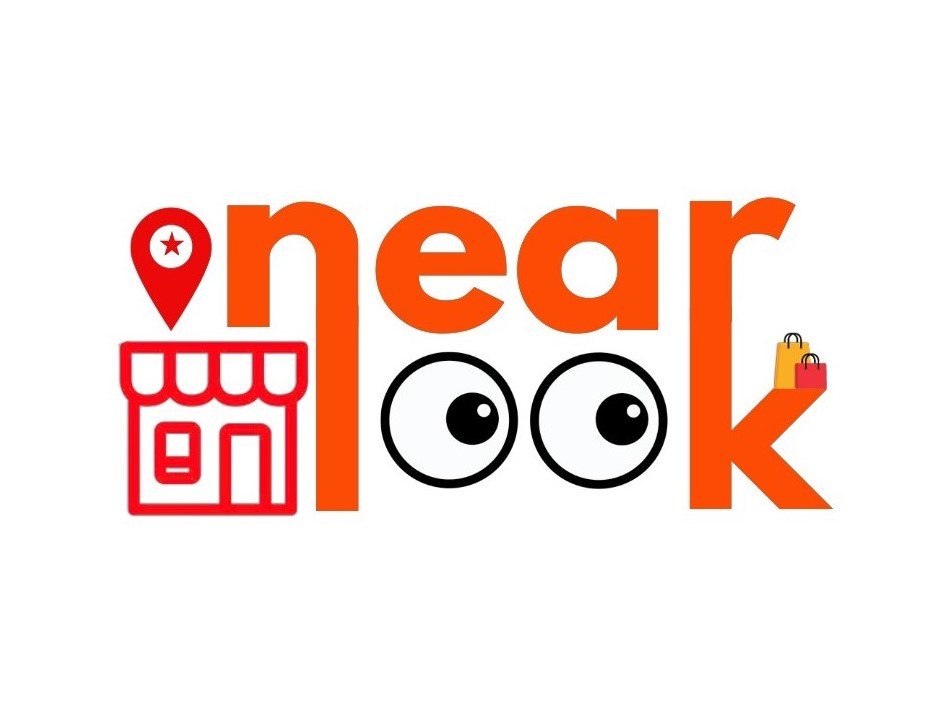Loading...






Hey there, eco-warriors, and welcome to our blog post on sustainable marketing practices for eco-conscious brands! We're thrilled to have you here as we dive into the world of marketing that not only promotes products and services but also makes a positive impact on the environment and society. In this blog post, our goal is to provide you with practical guidelines on how to effectively market your eco-conscious brand while staying true to your sustainability values.
Before we jump into the nitty-gritty of sustainable marketing practices, let's take a moment to define what it actually means. Sustainable marketing refers to the integration of environmental, social, and ethical considerations into the marketing strategy and tactics of a brand. It involves aligning marketing efforts with sustainable principles such as minimizing environmental impact, promoting social responsibility, and ensuring long-term viability.
Implementing sustainable marketing practices can bring a multitude of benefits to eco-conscious brands. Firstly, it helps establish a unique selling proposition that sets them apart from their competitors. By showcasing their commitment to sustainability, these brands can attract a loyal customer base that aligns with their values. Additionally, sustainable marketing can enhance brand reputation, improve customer trust, and contribute to positive societal and environmental changes.
To effectively communicate with your audience, it is crucial to identify and understand them. Eco-conscious consumers are a diverse group with varying preferences and values. Conducting thorough research and analysis can help you gain insights into their motivations and needs.
Start by surveying your existing customers and conducting market research to uncover their preferences, values, and behaviours. Pay attention to demographic information such as age, gender, and location. Dive deeper into their interests and lifestyles, and identify what drives their eco-conscious choices. This information will help you create buyer personas, which are fictional representations of your ideal customers. By understanding their needs, you can tailor your marketing messages accordingly.
Storytelling has always been a powerful tool in marketing, and when it comes to sustainable marketing, it becomes even more impactful. Authentic brand storytelling allows eco-conscious brands to connect with their customers on an emotional level, building trust and loyalty.
Share your sustainability journey authentically, highlighting the challenges, successes, and lessons learned along the way. By being transparent about your brand's commitment to sustainability, you create a sense of authenticity that resonates with your audience. Incorporate sustainability narratives into your brand messaging across various channels, such as your website, social media platforms, and packaging. Showcasing real stories and experiences of your team members, suppliers, or customers can further strengthen the emotional connection.
Social media has revolutionized the way brands communicate and engage with their audience, making it a powerful tool for eco-conscious brands to spread their message. When it comes to choosing platforms, consider ones that align well with sustainable values and attract eco-conscious consumers.Instagram, with its visual storytelling capabilities, is an ideal platform for showcasing your eco-friendly products, behind-the-scenes sustainability efforts, and inspiring content. LinkedIn, on the other hand, can be a valuable platform to connect with other sustainability-minded professionals, share thought leadership content, and build relationships.
To make the most of social media, focus on creating impactful content that educates, inspires, and engages your audience. Share tips, challenges, and success stories related to sustainable living. Foster meaningful conversations by asking open-ended questions and encouraging your followers to share their experiences and insights. Building an online community of like-minded individuals will not only strengthen your brand but also amplify your impact.
Collaborating with like-minded organizations or influencers can amplify your brand's reach and impact. Look for partners who share similar sustainability goals and values. Collaborative campaigns can be a powerful way to promote both brands' commitment to sustainability and create a larger impact together. Identify potential partners by researching organizations or influencers within your industry or related fields. Reach out to them with a clear proposal that outlines the mutual benefits of collaboration. By pooling resources and expertise, you can create innovative campaigns that inspire and educate your audience while fostering a sense of community.
To truly understand the effectiveness of your sustainable marketing efforts, it is essential to track and measure their impact. Develop key performance indicators (KPIs) that align with your sustainability goals.

At Near Look, we're not just another digital marketing company. We're a passionate team of creative individuals driven by a common goal: to help businesses like yours succeed in the digital world. We understand that the digital landscape is constantly evolving, and that's why we're dedicated to staying at the forefront of the industry to provide you with the most innovative and effective solutions.


Need help? Talk to an expert